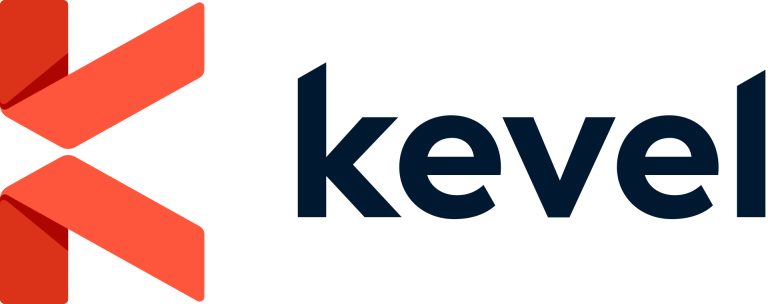
While the Bank of Canada interest rate has dipped over the past few months, home affordability slipped further in January, as rising prices raised the income needed for a mortgage in 12 of 13 major markets, according to a report by Ratehub.
This marks the second month in a row where affordability declined. Prior to the November over December 2024 statistics, affordability was trending positively for a solid five months.
Hamilton led the steepest decline with its average home price rising $20,900 to $819,500 between December and January. As a result, a buyer would now need to earn an additional $4,050 to afford a mortgage on a home at that price. This would result in a steep monthly mortgage increase of $110 — making the monthly average home price around $1,320 per month in January 2025.
In the last few months, this situation hasn’t improved. According to March 2025 data from the Canadian Real Estate Association (CREA), Hamilton’s average home price in February 2025 was $828,000, up $8,600 from January 2025. This means homebuyers will need to budget even when shopping for a mortgage (or buying a home).
What other real estate markets are seeing price hikes?
Major markets like Toronto and Vancouver saw modest increases in home pricing.
Throughout Toronto, prices surged $8,200 to an average cost of $1,070,100 between December 2024 qand January 2025. This raised the required annual income to afford an average priced home by $1,640 (or monthly payments of $43).
In February and March things didn’t get better. According to the Toronto Regional Real Estate Board (TRREB), Toronto’s average home price in February 2025 was $1,075,800 — an month-over-month increase in the average home price of $5,700.
Meanwhile in Vancouver, the average home price ticked upwards in January 2025 to $1,173,000, an increase of $1,500, as the income needed to purchase a home at this price rose $300 and monthly mortgage payments experienced an uptick of $8.
According to the Real Estate Board of Greater Vancouver (REBGV), Vancouver’s average home price in February 2025 was $1,184,100 — an month-over-month increase in the average home price of $11,100.
In contrast, Fredericton was the only market to show improvement in affordability, with home prices dropping by $2,300 to $338,800, as the required income was reduced by $450 and monthly payments by $12.
According to CREA, the ongoing affordability of Fredericton’s housing market continued with housing prices dropping an additional $2,800 in February 2025.
Mortgage rates were mostly consistent
As a sign of relief, mortgage rates remained largely uninterrupted in January.
While the Bank of Canada cut its benchmark rate by a quarter-point on Jan. 29, fixed mortgage rates held steady with bond yields in the 2.8% to 2.9% range before a brief dip due to bond investor reaction to tariff threats from the US.
As of March 2025, 5-year fixed mortgage rates range between 5.14% and 5.64% (depending on the lender and the borrower), while bond yields are now closer to 3.2%.
It appears variable rates will remain unchanged in the next month, as the Consumer Price Index sat at 1.9% in January, a 0.1% increase. This was in large part due to the federal tax holiday that took place from mid-December to mid-February; If this had not been implemented, inflation would have resulted in a year-over-year increase of 2.6%.
Given the Bank of Canada’s rate cut in March, due to tariff pressures, most economists predict further reductions in variable rates throughout 2025.
— with files from Romana King
This article provides information only and should not be construed as advice. It is provided without warranty of any kind.


